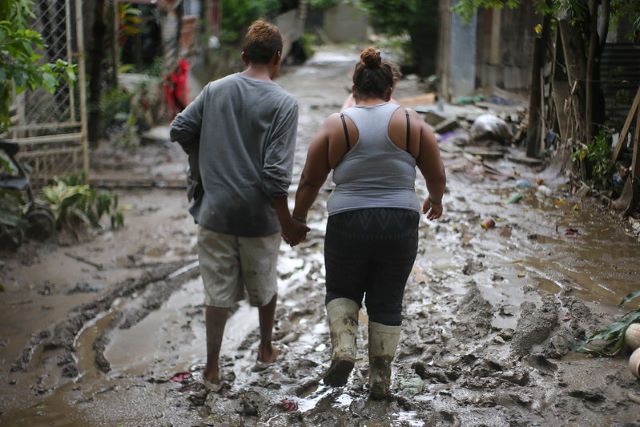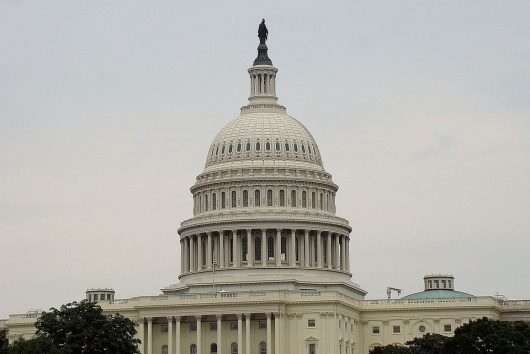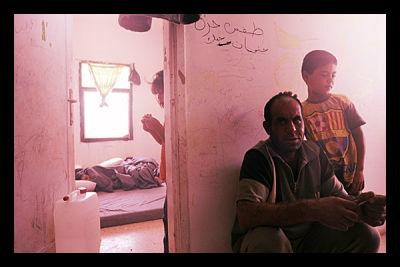 On November 2, 2020, Hurricane Eta made landfall in Puerto Cabezas, Nicaragua. As a Category 4 hurricane, it was the strongest hurricane to hit the Central American region in many years. Shortly after, Hurricane Iota hit. Thousands have died and many have experienced displacement. Since Central America is one of the poorest areas of Latin America, the U.S. is in a position to help alleviate the crisis by providing foreign aid to those impacted by hurricanes.
On November 2, 2020, Hurricane Eta made landfall in Puerto Cabezas, Nicaragua. As a Category 4 hurricane, it was the strongest hurricane to hit the Central American region in many years. Shortly after, Hurricane Iota hit. Thousands have died and many have experienced displacement. Since Central America is one of the poorest areas of Latin America, the U.S. is in a position to help alleviate the crisis by providing foreign aid to those impacted by hurricanes.
Poverty in Central America
Nicaragua is the second-poorest nation in the Western Hemisphere. Moreover, Nicaragua’s poverty rate sits around 15.1%. Geographically, the poorest area of Nicaragua is the Atlantic Coast of the country. Similarly, Honduras is an impoverished nation located north of Nicaragua. Honduras is also one of the poorest countries in Central America. Furthermore, Honduras’ geographical location leaves it exposed to extreme weather such as heavy rainfall and droughts. The most vulnerable, oftentimes rural and coastal populations, are susceptible to these intense weather changes. Neighboring countries of El Salvador and Guatemala are also impoverished nations with vulnerable populations. The increased climate disasters leave these populations at risk of death, poverty and becoming climate refugees.
Hurricane Eta and Hurricane Iota
On the eve of Hurricane Eta’s landfall, the Nicaraguan government evacuated around 3,000 families living in the coastal area. According to UNICEF, more than a million Nicaraguans, which also includes half a million children, were endangered by the hurricane. El Salvador evacuated people as a precaution and many of Guatemala’s departments declared a state of emergency.
Hurricane Eta made landfall as a Category 4 hurricane. The storm destroyed houses, hospitals and businesses. Widespread flooding and mudslides were responsible for the casualties across the region. Unfortunately, Hurricane Eta was not the only storm blasting through Central America.
Weather forecasters predicted another strong storm, Hurricane Iota. Also a Category 4 hurricane, Iota made landfall 15 miles south of where Hurricane Eta did just days prior. The hurricane further stalled the rescue efforts of the region. In Honduras, the hurricanes impacted around 4 million people with more than 2 million losing access to health care. Moreover, Guatemala had more than 200,000 people seeking shelter after the two hurricanes.
Foreign Aid to Central America
The Central American region is impoverished and vulnerable to natural disasters. Furthermore, many Central American nations depend on foreign aid from the United States. The countries of Guatemala, Honduras and El Salvador (the Northern Triangle) rely on foreign aid from the U.S. to manage rural poverty, violence, food insecurity and natural disasters. Moreover, that aid has been reduced under the Trump administration. Since Donald Trump took office, the aid for these countries has reduced from $750 million to $530 million. In April 2019, Trump froze $450 million of foreign aid to the Northern Triangle, further diminishing the lives of many. Foreign aid keeps Central Americans from plummeting to extreme poverty and also curtails migration to the United States.
Congress Pleads for Foreign Aid
As Hurricane Eta ravaged through Central America, Rep. Norma Torres (CA-35) wrote a letter urging Secretary of State, Mike Pompeo, to increase foreign aid to Central America. Torres (CA-35) wrote, “Hurricane Eta was an unavoidable natural disaster, but its aftermath is a preventable humanitarian crisis in the making.” In addition, the Chairman of the House Foreign Affairs Committee (HFAC), Eliot Engel (NY-16), also showed his support for increased aid to those Hurricane Eta impacted. Engel wrote, “a large-scale U.S. effort is needed to provide much-needed relief to those affected by Eta so that they are not forced to leave their countries and make the perilous journey north.”
USAID Provides Disaster Relief
The U.S. Agency for International Development (USAID) has agreed to increase aid by $17 million to the countries impacted by Hurricane Eta and Hurricane Iota. Studies have shown that foreign aid is a successful policy to reduce global poverty. Any aid given to these countries benefits the lives of those impacted by hurricanes in several significant ways.
– Andy Calderon
Photo: Flickr





 A lost generation of children is quite a dramatic phrase. One would expect it to define a group of children whose duress has gone unnoticed. For the children in Syria, it’s a slightly different case. As the reports of casualties are noted every day, the biggest issue should be the loss of not only physical life but the psychological well being of children and their futures. Their plight, however, is overshadowed by external, as well as internal, desires to cease political unrest and see a new regime replace al-Assad’s.
A lost generation of children is quite a dramatic phrase. One would expect it to define a group of children whose duress has gone unnoticed. For the children in Syria, it’s a slightly different case. As the reports of casualties are noted every day, the biggest issue should be the loss of not only physical life but the psychological well being of children and their futures. Their plight, however, is overshadowed by external, as well as internal, desires to cease political unrest and see a new regime replace al-Assad’s.